Structural and Fastening Applications of Marine Grade Aluminum Bars
Marine Grade Aluminum Bars are essential materials used extensively in the maritime and offshore industries for their outstanding combination of strength, corrosion resistance, and versatility. These bars—manufactured from aluminum alloys specially formulated to withstand harsh saltwater environments—play a critical role in both structural frameworks and fastening systems aboard vessels, offshore platforms, and coastal installations.
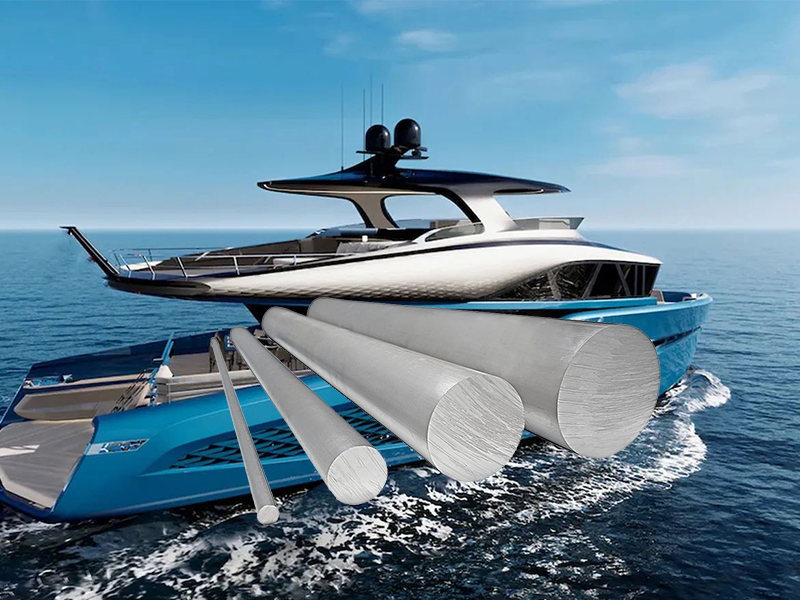
Why Use Marine Grade Aluminum Bars?
Maritime environments are extremely challenging for construction materials due to prolonged exposure to seawater, salt spray, humidity, and mechanical stresses. Marine grade aluminum bars address these challenges by offering:
Superior Corrosion Resistance: Aluminum alloys such as 5083, 5086, and 6061 resist pitting, crevice corrosion, and salt spray damage naturally, outperforming traditional metals like carbon steel.
High Strength-to-Weight Ratio: Lightweight aluminum bars reduce overall vessel weight while providing necessary structural strength, improving fuel efficiency and payload capacity.
Excellent Weldability and Fabrication Ease: Aluminum bars are compatible with TIG, MIG, and friction stir welding and can be machined, bent, or formed with ease.
Long-Term Durability: Persistent resistance to marine fatigue and mechanical wear ensures safe, long-lasting structures.
Common Marine Aluminum Alloys for Bars
Marine aluminum bars typically employ alloys engineered for marine use:
| Alloy | Key Characteristics | Typical Application Areas |
|---|---|---|
| 5083 | High magnesium content (~4-4.9%), excellent marine corrosion resistance and good mechanical strength | Hull reinforcements, bulkheads, framing bars |
| 5086 | Superior corrosion resistance and weldability | Structural stiffeners, support bars on platforms |
| 6061 | Heat-treatable with good strength and machinability | Fasteners, brackets, load-bearing components |
| 5052 | Excellent formability and corrosion resistance | Non-structural fittings, light-duty bars |
Structural Applications of Marine Grade Aluminum Bars
1. Hull and Superstructure Framework
Marine aluminum bars are used as structural framing elements including stiffeners, stringers, cross-members, and support beams. Their high stiffness-to-weight ratio and corrosion resistance help maintain hull integrity while reducing overall weight.
2. Deck and Bulkhead Reinforcements
Aluminum bars provide added strength and rigidity to decks and bulkheads, ensuring safety and durability under mechanical loads and environmental stresses.
3. Offshore Support Structures
On oil rigs and wind farms, marine aluminum bars form essential components for walkways, platforms, railing supports, and equipment framing.
Fastening and Joining Applications
1. Bolts, Studs, and Pins
Marine-grade aluminum bars serve as raw material for producing lightweight, corrosion-resistant fasteners critical in marine construction where metal degradation can cause catastrophic failures.
2. Mounting Brackets and Clamps
Aluminum bars are machined into brackets, clamps, and fixtures used to secure pipes, cables, and equipment, combining mechanical strength and resistance to marine corrosion.
3. Custom Connectors and Joinery
Precision-machined aluminum bars provide custom connectors and joining elements that maintain structural continuity while resisting saltwater-induced corrosion.
Manufacturing and Processing
Marine aluminum bars undergo multiple manufacturing processes to meet stringent quality standards:
Hot and Cold Rolling/Extrusion: To create bars of specific dimensions and mechanical properties.
Heat Treatment: Solution heat-treated and artificially aged (T6 temper) for enhanced strength where applicable.
Fabrication: Easily cut, welded, machined, bent, or drilled using common marine fabrication tools and techniques.
Surface Treatments: Anodizing or marine-grade painting may be applied for improved corrosion protection and aesthetics.
Advantages Over Traditional Materials
| Feature | Marine Aluminum Bars | Steel Bars | Stainless Steel Bars |
|---|---|---|---|
| Corrosion Resistance | Excellent in marine environments | Poor without coatings | Very good but heavier and costlier |
| Weight | Light (~2.66 g/cm³) | Heavy (~7.85 g/cm³) | Heavy (~7.7–8.0 g/cm³) |
| Maintenance | Low, minimal rusting | Requires frequent upkeep | Moderate |
| Fabrication Ease | Easy machining and welding | More difficult and heavy | Hard to machine, costly |
| Cost | Moderate upfront cost | Low material cost, higher lifecycle cost | High upfront and maintenance cost |
Maintenance Tips for Marine Aluminum Bars
Rinsing: Frequently wash with fresh water to remove salt deposits.
Cleaning: Use mild detergent and non-abrasive materials to clean surfaces.
Inspection: Regularly check for mechanical damage, corrosion signs, and weld integrity.
Surface Protection: Reapply anodizing or marine-grade coatings as needed.
Avoid Galvanic Corrosion: Ensure electrical isolation when aluminum contacts dissimilar metals.
Marine Grade Aluminum Bars are foundational for building strong, durable, and lightweight vessel frameworks and fastening systems. Their corrosion resistance, mechanical strength, and ease of fabrication offer substantial performance and maintenance advantages essential for longevity in marine environments.
For expert guidance on alloy selection, custom fabrication, and sourcing of marine aluminum bars tailored to your structural and fastening needs, please contact our marine metals specialists.
Related Products
Marine aluminum hexagonal bars
Marine Grade Aluminum Hexagonal Bars are produced from premium corrosion-resistant aluminum alloys such as 5083, 5052, 6061, and 6082.
View Details6082 marine aluminum rod & bar
6082 Aluminum Rods & Bars are extruded or rolled products manufactured from 6082 aluminum alloy — a thermally treated (typically T6 temper) aluminum-magnesium-silicon alloy that balances high tensile strength, good weldability, and excellent corrosion resistance.
View DetailsMarine aluminum hollow bars
Marine Grade Aluminum Hollow Bars are fabricated from high-quality alloys such as 5083, 5052, 6061, and 6082, all known for their exceptional resistance to seawater corrosion, salt spray, and marine atmospheres.
View DetailsMarine grade aluminum solid bar
Marine Grade Aluminum Solid Bars are produced from premium aluminum alloys optimized for saltwater exposure, such as 5083, 5052, 6061, and 6082. These alloys offer unparalleled resistance to corrosion caused by seawater, salt spray, and marine atmospheres, while maintaining excellent mechanical strength and toughness.
View DetailsRelated Blog
5083 Marine Grade Aluminum Solid Bar for Offshore Vessel Frame Parts
In the demanding environment of offshore vessels, structural integrity, durability, and corrosion resistance are critical factors that determine overall vessel performance and safety.
View Details6061 Marine Grade Aluminum Solid Bar for Boat Hull and Deck Strengthening
When it comes to constructing or reinforcing boats, durability, strength, and corrosion resistance are non-negotiable attributes. Among the available materials in marine applications.
View Details6061 Marine Aluminum Hexagonal Bars for Corrosion Resistant Marine Applications
6061 Marine Aluminum Hexagonal Bars for Corrosion Resistant Marine Applications: Unveiling the Technical Backbone of Modern Maritime EngineeringIn the demanding world of marine engineering.
View Details5083 5052 H32 60mm aluminum bar for boat
High-performance 5083 and 5052 H32 60mm aluminum bars tailored for marine applications. Ideal for boat building with excellent corrosion resistance, superior strength, and formability.
View DetailsMarine Grade Aluminum Solid Bar for Shipbuilding Reinforcements
In modern shipbuilding, material selection is paramount to ensure strength, durability, corrosion resistance, and lightweight design. One of the most critical materials used in this domain is the Marine Grade Aluminum Solid Bar.
View DetailsMarine Aluminum Hollow Bars for Marine Platform Construction
In the challenging domain of marine platform construction, the choice of materials directly influences the longevity, safety, and performance of offshore installations.
View Details

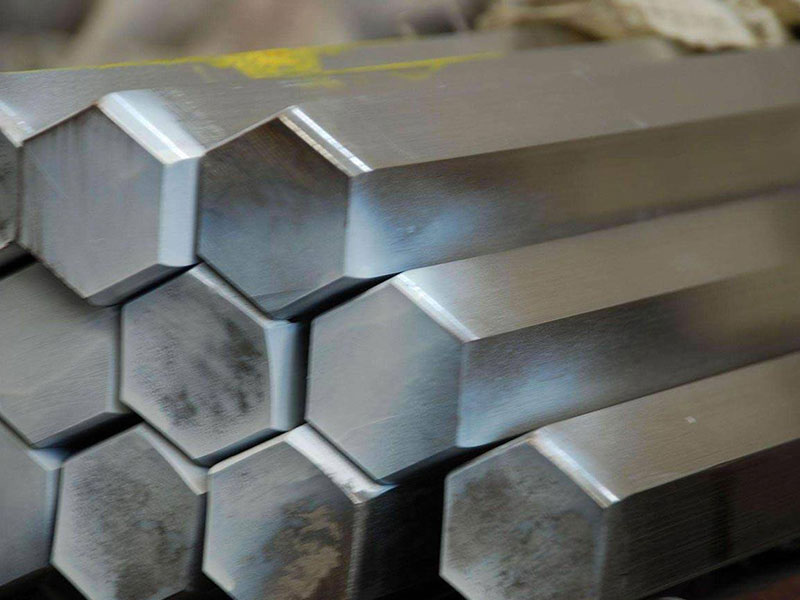
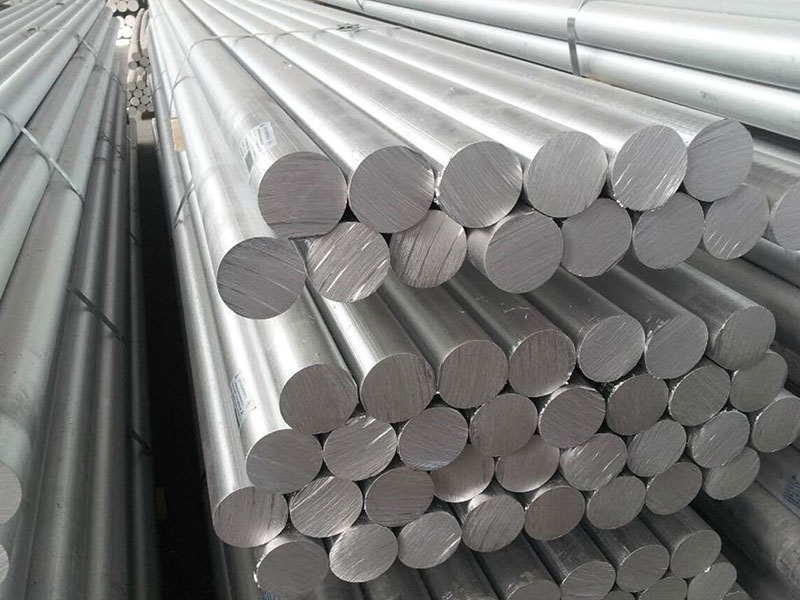
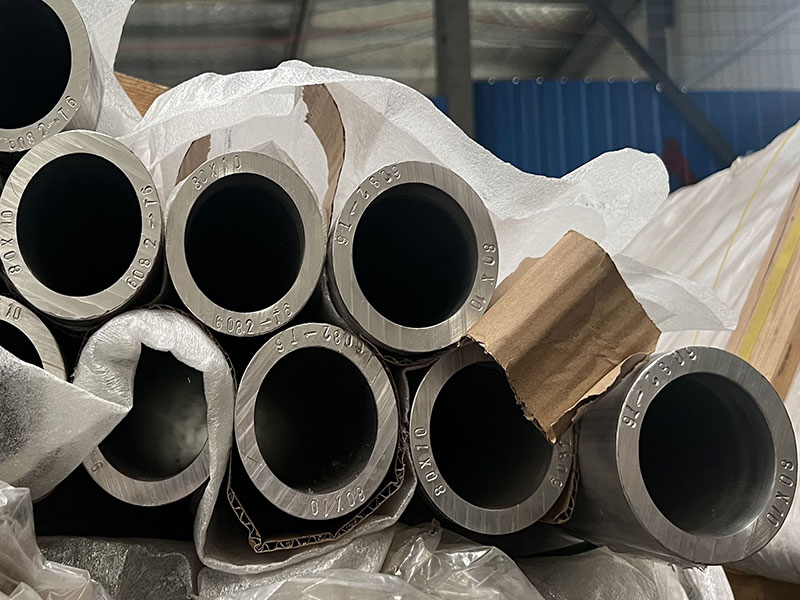
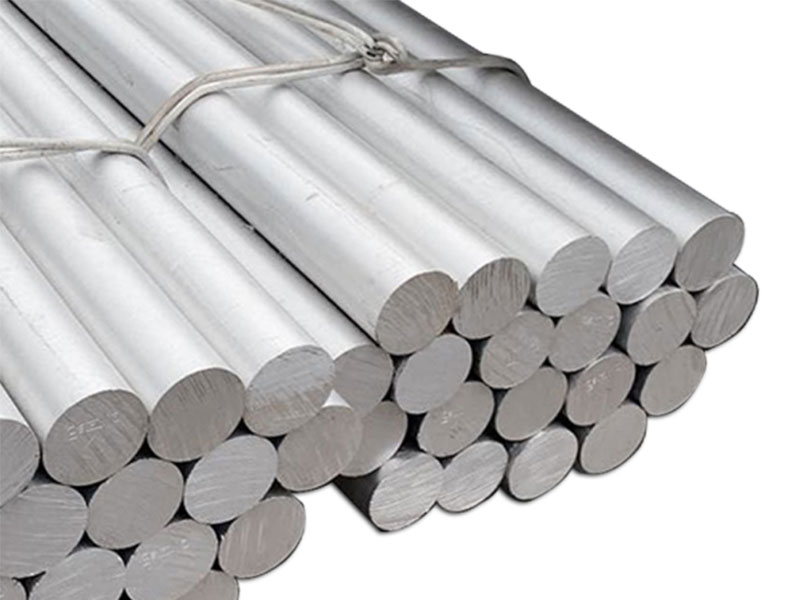







Leave a Message